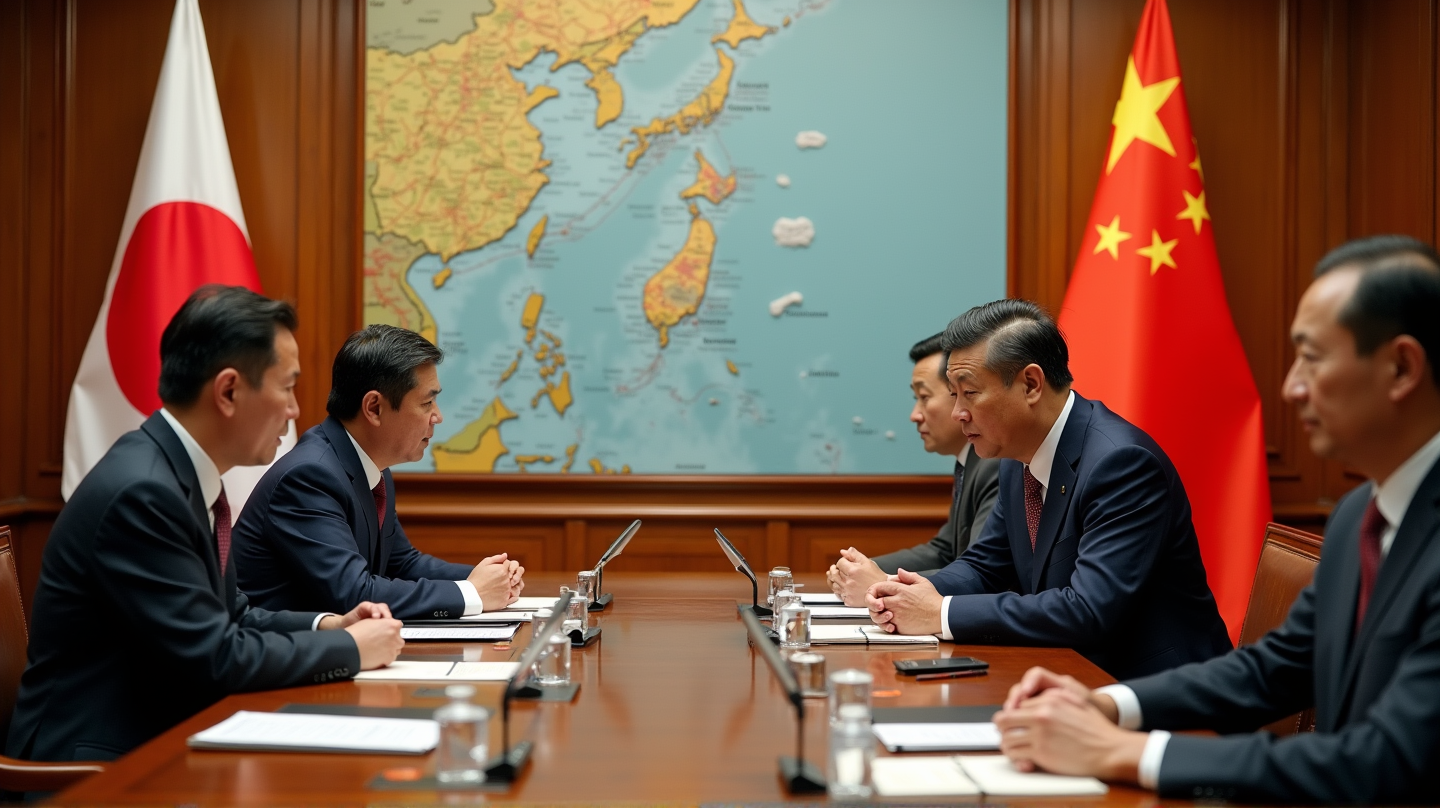Diplomacy hangs by a thread this week as Japan and China lock horns over sensitive Taiwan remarks, making the world watch with bated breath. Japan’s Prime Minister, Sanae Takaichi, has stirred the pot with her strong commentary on Taiwan’s geopolitical status, prompting stern warnings from Beijing. This unexpected volley of words has precipitated one of the most significant diplomatic rows in the region’s recent history.
A Brewing Storm
Prime Minister Takaichi’s remarks in the Japanese parliament have thrown a wrench into the delicate machinery of East Asian diplomacy. Her assertion that a Chinese attack on Taiwan might threaten Japan’s survival and justify a military response, has unleashed a tirade from China’s foreign ministry. According to NBC News, Chinese spokesperson Lin Jian sternly cautioned Japan to reconsider its stance or face dire consequences.
Collision of Agendas
China’s claim over Taiwan is longstanding, but the possibility of forceful reunification has always been a contentious topic. Takaichi’s comments are seen as crude interference, and her rhetoric has struck a nerve in Beijing. The sensitivity of Taiwan’s future governance has implications far beyond its shores, affecting regional safety and influencing global policy.
A War of Words
International arenas are no strangers to diplomatic spats, but the language used this week has been unusually harsh. With stakes high, CCTV’s social media post branding Takaichi a “troublemaker” underscores the rising temperature in Sino-Japanese relations. Meanwhile, Japan’s political leaders are demanding diplomatic moves against China’s representatives, a reaction revealing deeper rifts.
Diplomacy at the Edge
Japan’s Foreign Minister Toshimitsu Motegi finds himself at the fulcrum of this tense standoff. While expressing Japan’s discontent with China’s pointed comments, Motegi underscores the necessity to keep broader Sino-Japanese relations on a steady track. However, the situation remains fluid, with numerous elements hanging in the balance that could sway future engagements.
Looking Forward
Amidst rising escalations, international observers keep a keen eye on how this diplomatic clash will unfold. Will cooler heads prevail, or will the exchange continue to spiral, potentially leading to tangible geopolitical shifts? With the G7 and other global forums poised to address these developments, the onus will be on diplomatic tact to navigate the murky waters ahead.
The world waits, holding its breath, for either resolution or further contention.
